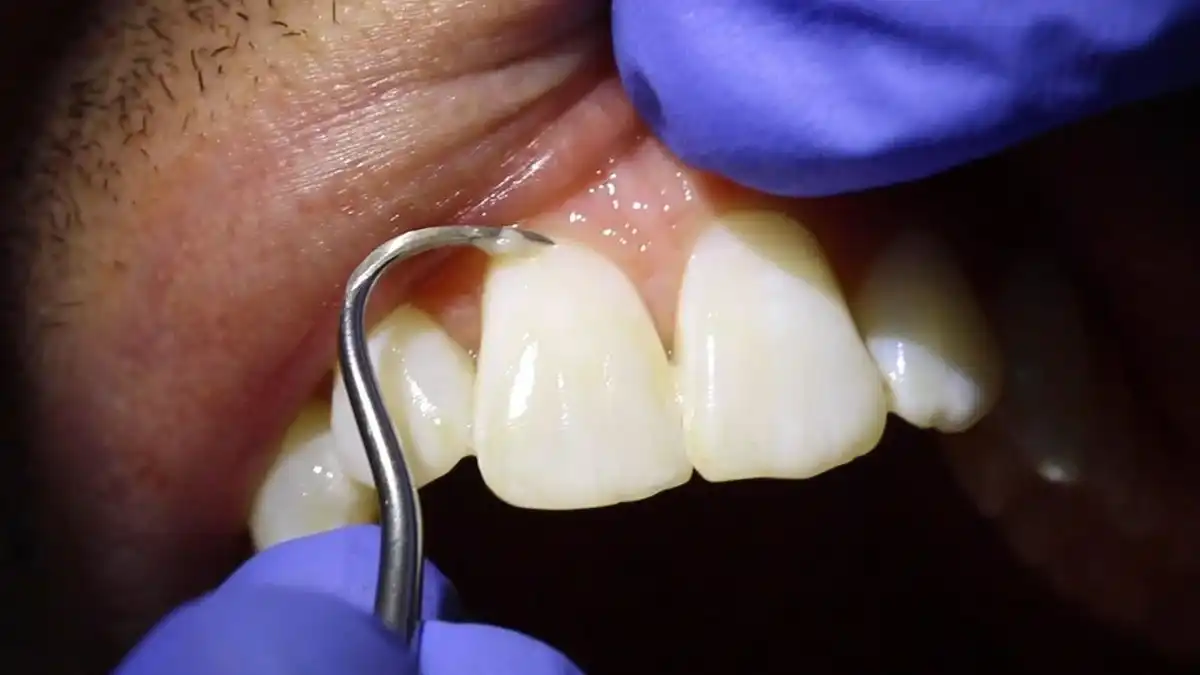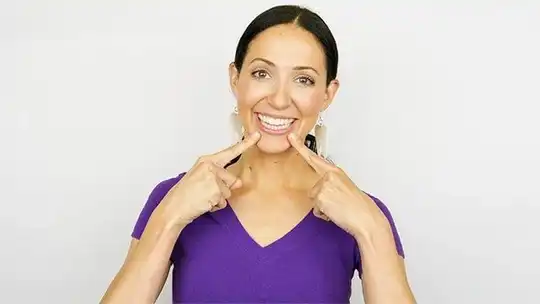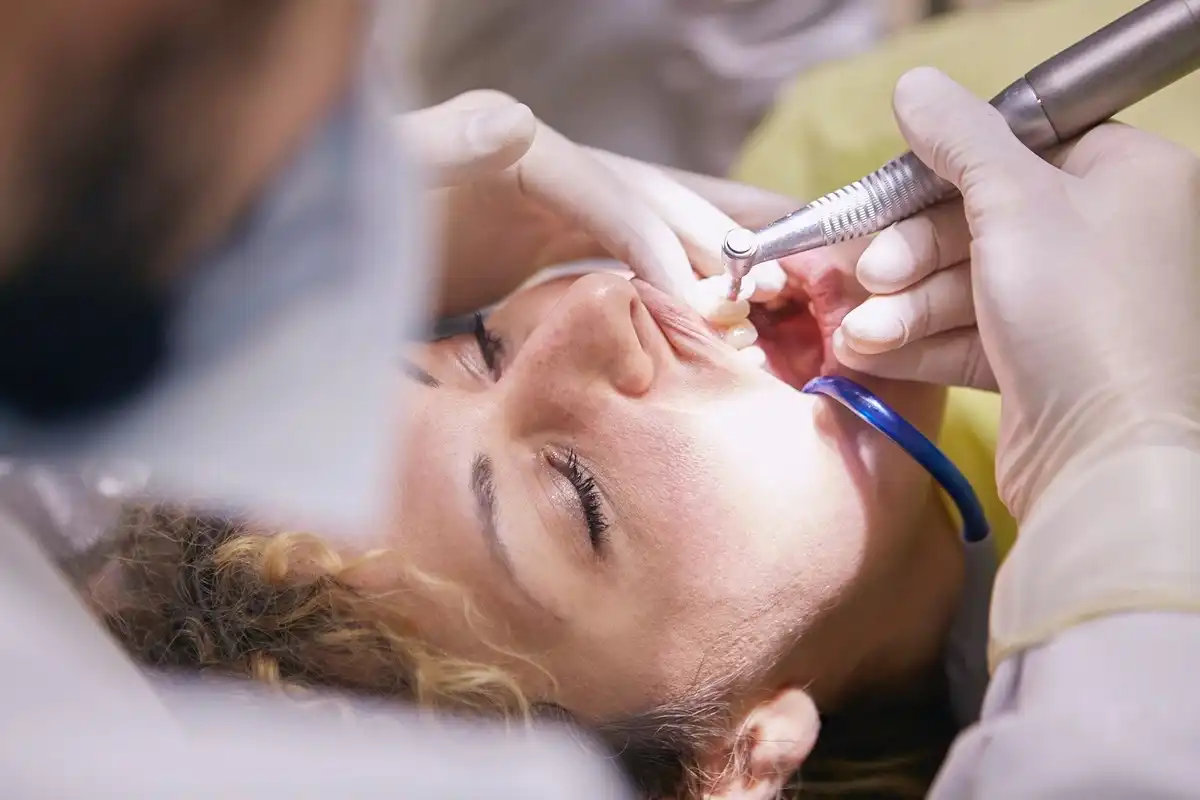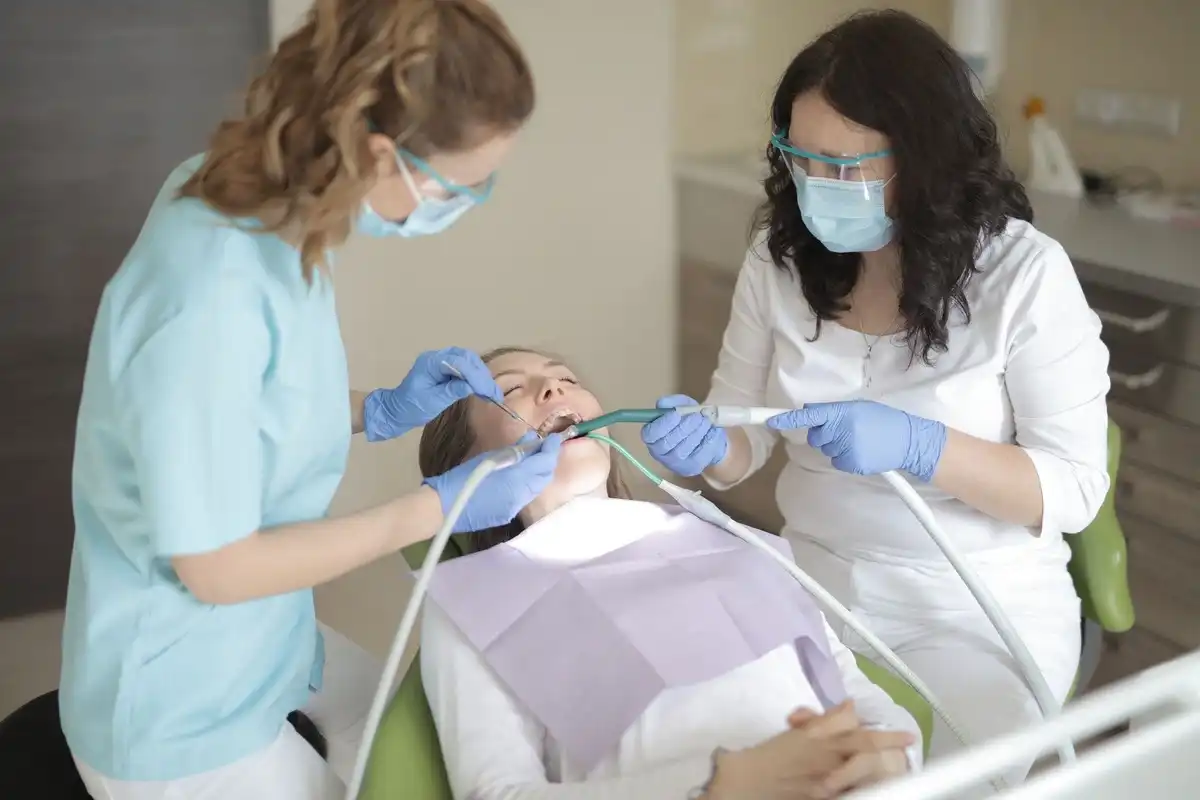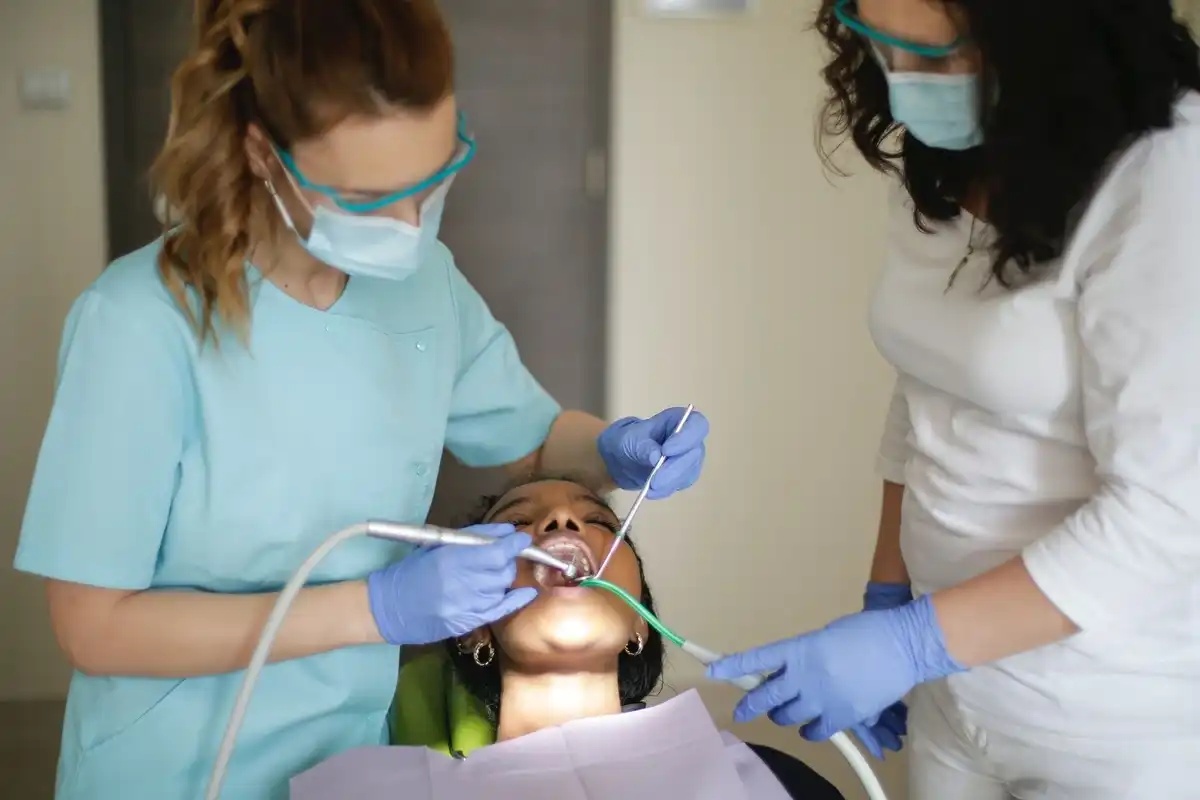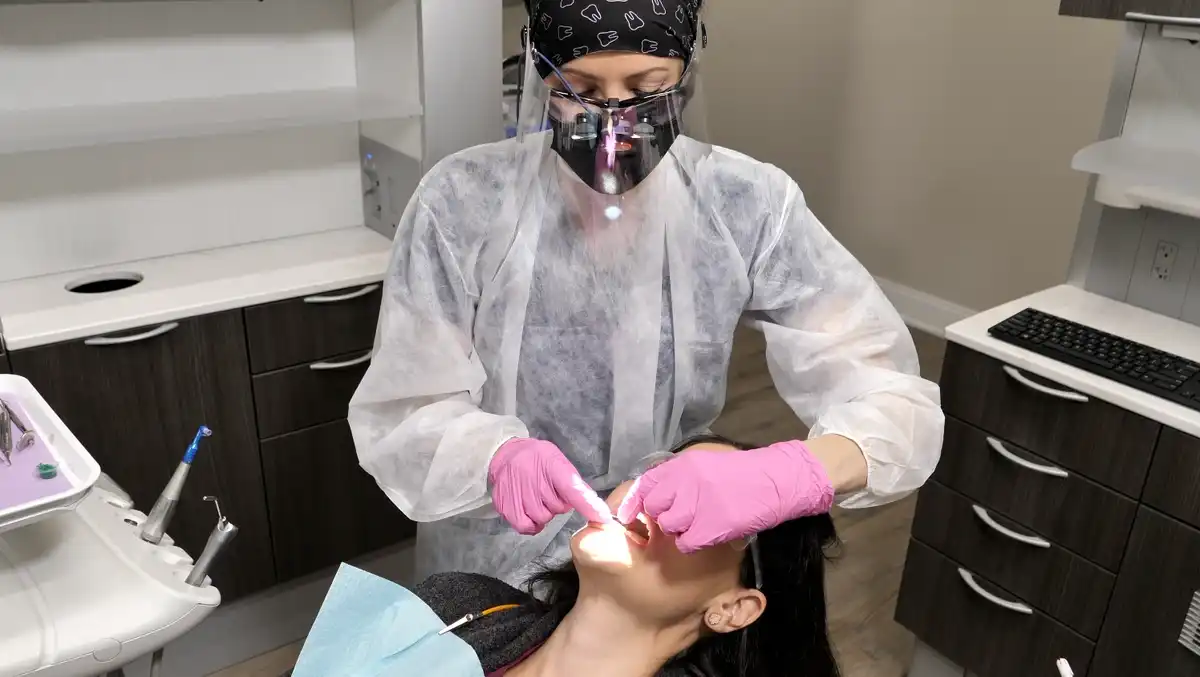Dental Hygiene License: Boards, Exam, and Renewal


Now that it’s time to get your dental hygiene license, you have to do special things to make sure it’s issued properly, stays up to date, and is renewed every year. Depending on which state you live in or plan to practice (some dental hygienists are licensed in more than one state) there will be certain steps you have to take.
Maintaining a current dental hygiene license allows you to practice anywhere in your respective state. If you plan on moving out of state, you’ll need to have a current license to apply for a license in that area. Once you’re licensed, it’s extremely important to keep everything up to date.
The Purpose Of A Dental Hygiene License
The rigorous process of getting a dental hygiene license protects patients, the public, and the dental industry. Without a license, you cannot practice dental hygiene. In fact, a copy of your license should be hung on the wall at the practice where you’re working. That way patients know the person cleaning their teeth is legally authorized to do so.
Being that hygienists physically render services to patients, it’s vital that their job role is monitored by state regulatory agencies. Otherwise you might see non-hygienists trying to provide services (malpractice) and harm patients. The annual fees charged by your state help to ensure that standards are met, and regulations are enacted to protect dental professionals and their patients. It's also a good idea never to practice without dental malpractice insurance!
The Process
What needs to happen before you can apply for a dental hygiene license?
1) Graduate From An Accredited Dental Hygiene Program
Most schools have higher grade requirements for pass/fail than traditional college courses. You can receive your training from either a 2 or 4-year school; either is fine. Courses typically begin once a year, with one annual graduating class from each hygiene program. Credentialed schools are listed on the American Dental Hygiene Association’s website. Be sure to select a college that is accredited to ensure that you can apply for appropriate state and national board exams. It does not matter which type of hygiene program you attend (associate or bachelor) as long as it is accredited.
2) Take The National Board Dental Hygiene Exam
3) Take Your State Board Exam
Register for your state or regional clinical dental hygiene examination. This testing process is a hands-on practical where patient care is rendered, screenings are completed, and accuracy is carefully measured by existing dental professionals. In most cases, patients will need to fit a certain category to qualify for board requirements. (Yes, you will need to find your own patient.) State/regional clinical exams are taken toward the end of your final semester in dental hygiene school. But they may be scheduled as early as the beginning of your last semester or after college graduation.
4) Check For Other State Requirements
Check for any miscellaneous tests, certifications, or requirements with your state (i.e. CPR + BLS, jurisprudence exams, nitrous oxide sedation certification, etc.) You will not need any continuing education courses to apply for your initial dental hygiene license, being that you will be straight out of college.
The National Exam
What’s Covered On The NBDHE?
NBDHE tests cover practically everything you learn in an accredited dental hygiene school. The questions are divided into discipline-based knowledge and case-based applications.
The 200 discipline-based questions cover three specific areas, including scientific basis for general hygiene practice, the provision of clinical hygiene services, and community health/research principles. The remaining 150 case-based questions are divided up between 12-15 different case scenarios including patient information (ranging from medically compromised and periodontal involvement to pediatric and special needs). Case-base questions require that hygienists pull from provided information such as radiographs, intraoral images, dental charting, and case descriptions to create care plans, utilize preventative strategies, and assess needs of the respective patient.
How Long Is The NBDHE?
The NBDHE is a lengthy exam, with 350 multiple-choice questions. You are given 9 hours to complete the exam, with scheduled breaks for lunch and between sections. You can take time to use the restroom or get up and stretch your legs. Depending on the format that you’re taking the test in (such as a computerized testing center), you may have the option to skip the breaks if you choose.
Discipline-based questions make up the first portion of the exam, with 3.5 hours allotted for testing. Optional breaks are built into the questions, as well as a half-hour lunch break. Then, you return for an additional 4 hours to complete the case-based portion of the exam and additional optional breaks.
Although you have up to 9 hours to complete the exam, you may not need that long. Depending on how comfortable you are with the subject, it’s possible to only take 6-8 hours total.
What’s The NBDHE Passing Rate?
The NBDHE has an approximate passing rate of 92%, with around 8,000 dental hygiene students taking the exam each year. That means somewhere just over 600 students will have to re-take the test after their first try.
You must score at least a grade of 75 in order to pass the board. If for any reason you do not pass, you must wait at least 90 days before retesting. You have up to five attempts and five years to pass the exam. Fortunately, there are board prep options, study books, and mock exams that can help you prepare for and be successful at passing on your first attempt. There are also hygiene re-entry programs that exist, which allow students or existing hygienists to brush up on subject areas they want to improve on.
State/Regional Clinical Hygiene Exam
In addition to the written exam, you’ll need to complete a clinical state/regional exam, where you assess and treat a patient. This exam is also several hours long but held in a clinical setting, similar to what you would experience while still in school. Existing practitioners will score you on your accuracy and clinical competency.
Related: Highest Paying States for Dental Hygienists
State-Level Information:
Board Prep
One of the great ways to prepare for your national board exam is to enroll in a board review course. These seminars help you “cram” for and broadly review everything you’ve learned over the two years of dental hygiene school, touching on topics that are popular exam questions and what you can expect to see on the test. They typically last about a day. Plus, they usually include a take-home practice exam. Making flash cards throughout the duration of hygiene school can be extremely helpful. Additionally, you can purchase review books and ask your dental hygiene professors about past years’ exams that are available to review. Although the questions will be different from newer exams, expired tests can help you feel more familiar with the tone and type of questions being asked.
The ADA offers a practice test for the NBDHE as part of your study and preparation process. Although much shorter than what you would see on the actual board exam (only a few questions instead of a few hundred), the practice test allows you to get a feel for the type of questions and cases you’ll see covered on the real thing.
The more practice tests (mock exams) you’re able to take, the better prepared you’ll be. Most NBDHE review books include at least one mock test.
Once you’ve completed your exam, it usually takes 3-4 weeks for your results to be mailed to you.
Dental Hygiene Seminars
Dental hygiene seminars is a great way to prep for the boards! Here is a glimpse of the seminar experience:
Renewing Your Dental Hygiene License
Now that you have your dental hygiene license, there are steps you’ll need to take to keep it current. Yes, you have to renew your dental hygiene license just like other types of licenses you hold. If you don’t, it will expire and require numerous extra steps to get it back into good standing.
The most important aspect of keeping your hygiene license is your state’s continuing education requirements, or CEs. CE hours (sometimes called “CEUs” for continuing education units) are in-person, online, or written training modules that you complete on an annual basis. Each state’s hourly requirements are different. It’s common to need at least 12 hours (give or take) of CEs per year to keep your dental hygiene license current.
Renewing your hygiene license each year allows you to show that you’re taking steps to stay abreast in industry changes, be they technological or science-based. Since dentistry is ever-evolving from one decade to the next, licensed hygienists need to be proactive about keeping up with practical care methods and standards.
Your state will require a renewal fee, a statement that you’ve completed the required CE hours (sometimes they’ll complete an audit to make sure you have), CPR card, and other basic information in order to process your license renewal.
About Dental Hygiene CEs
Your state will require a minimum number of CE hours in various types of categories before you can renew your license each year. For instance, clinical/scientific courses. Additional hours can be earned in areas of practice such as administrative or managerial learning sessions. Technical and scientific CEs are the most important for your hygiene license renewal.
Some CEs are FREE, such as those sponsored by dental product manufacturers. Others are not. If you attend a dental seminar or conference, you’ll likely need to pay a registration fee and then choose between free/paid courses on top of that. Dental conferences are a convenient way to catch up on all of your in-person learning requirements, since you can attend classes back-to-back over a couple of days.
Your state may require that your CEs be earned in-person or have a cap on how many classes can be completed online. In some cases, live webinars count for in-person CEs. You can find webinars on popular dental hygienist forums or product websites.
Make sure that your CE provider is ADA CERP certified, so that all courses count toward your state requirements. Otherwise, they might not be of any use.
Organizing CE Credits
Since the state can audit your dental hygiene license, you’ll want to stay up to date and organized with your CE credits, CPR card, and other supporting documents. Make sure that you’re taking courses related to your state’s requirements and in the appropriate format (online vs. in-person).
Most CE classes will require some type of verification code or exam at the end of the course before awarding your certificate. Store your certificate copy in a safe place, such as scanning it into a folder on your computer, in the cloud, or keeping photographs of them on your phone.
Some websites allow you to organize and track your CE credits so that you’ll easily be able to see how many hours you have, what format they were delivered in, the type of subject studied, and keep up with state requirements. That way everything is in one place and easy to find. Certain CE tracking platforms also offer registration for CE courses, to easily merge all of your documentation and training in one place.
Dental Hygiene License Recap
Getting licensed as a hygienist takes several big steps, but it’s well worth it. When you’re close to completing hygiene school, you’ll need to register for both your state clinical exam and the national written examination (NBDHE). Once you get your license, you’ll need to keep it up to date by taking annual continuing education hours to stay on top of the latest industry knowledge and techniques. Be sure to document everything, as you’ll have to renew your dental hygiene license each year!

Make your inbox smile!
Subscribe
